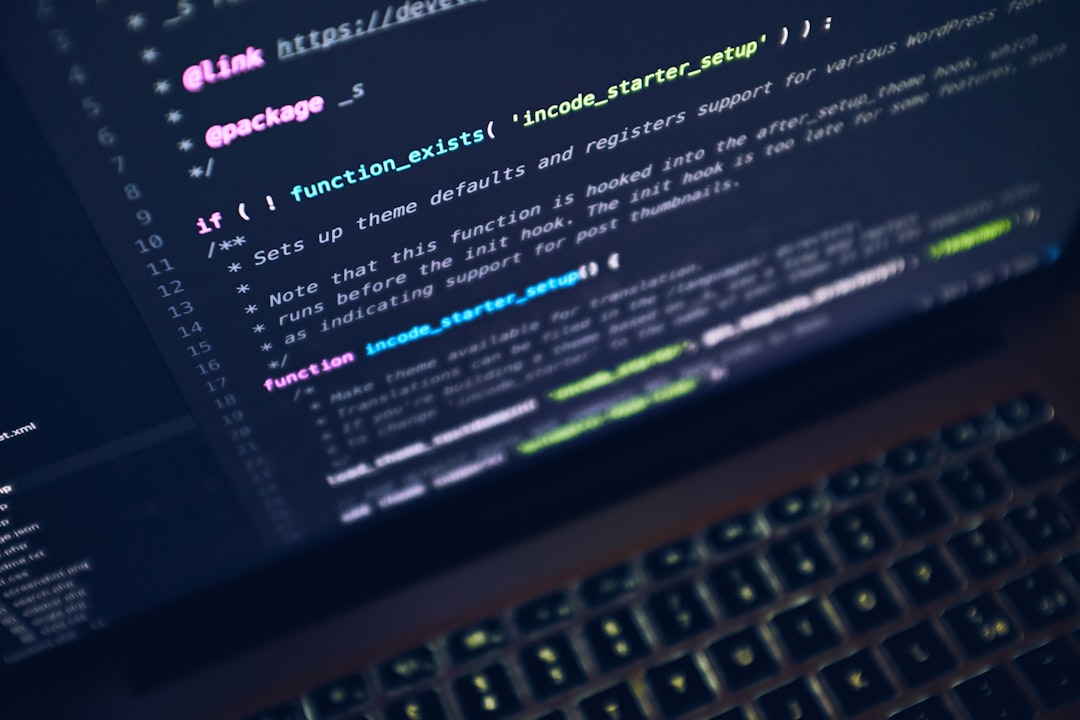
FutureProofing Your Business: How Artificial Intelligence is Revolutionizing Industry Operations
In an era marked by rapid technological advancements, businesses must adapt to stay competitive. One of the most transformative forces in this landscape is Artificial Intelligence (AI). From manufacturing to customer service, AI is revolutionizing industry operations, enabling organizations to future-proof their business models. This article delves into how AI is reshaping various sectors, the emerging trends, and practical applications that can enhance operational efficiency.
Understanding Artificial Intelligence in Business
Artificial Intelligence refers to the simulation of human intelligence in machines programmed to think and learn. AI encompasses various technologies, including machine learning, natural language processing, and robotics. By leveraging these technologies, businesses can automate processes, enhance decision-making, and improve customer experiences.
The Importance of FutureProofing Your Business
Future-proofing involves preparing your business for upcoming changes in technology, consumer preferences, and market dynamics. As AI continues to evolve, integrating these technologies becomes critical for long-term sustainability. By adopting AI solutions, businesses can increase efficiency, reduce costs, and remain relevant in a competitive landscape.
Current Developments in AI Technology
Automation of Routine Tasks
AI-driven automation is transforming how businesses operate. Tasks that were once time-consuming and labor-intensive are now streamlined through AI technologies. For instance, robotic process automation (RPA) enables businesses to automate repetitive tasks, freeing up human resources for more strategic activities.
# Example of RPA in action
1. Identify repetitive tasks (e.g., data entry)
2. Implement RPA software to automate the process
3. Monitor performance and adjust as necessaryEnhanced Data Analysis
Data is the lifeblood of modern businesses. AI algorithms can analyze vast amounts of data quickly and accurately, extracting insights that can inform decision-making. Companies like Netflix and Amazon use AI to analyze user preferences and behaviors, allowing them to personalize recommendations and enhance customer satisfaction.
Predictive Analytics
Predictive analytics, powered by AI, allows businesses to anticipate future trends and behaviors. By analyzing historical data, AI can forecast sales trends, customer demand, and market shifts. This capability enables organizations to make informed decisions, optimize inventory, and improve resource allocation.
Emerging Trends in AI and Industry Operations
AI in Supply Chain Management
The supply chain is a critical component of any business operation. AI is increasingly being integrated into supply chain management to enhance efficiency and reduce costs. By using AI-driven tools, companies can optimize inventory levels, predict demand fluctuations, and mitigate risks.
Customer Service Transformation
AI chatbots and virtual assistants are transforming customer service operations. These tools can handle inquiries, provide support, and resolve issues without human intervention. This not only improves response times but also allows customer service teams to focus on complex issues that require human empathy and understanding.
AI and Cybersecurity
With the rise of digital operations, cybersecurity has become paramount. AI technologies are being deployed to detect and respond to cyber threats in real-time. By analyzing patterns and anomalies, AI can identify potential breaches faster than traditional methods, safeguarding sensitive information.
Practical Applications of AI in Various Industries
Healthcare
AI is revolutionizing healthcare through improved diagnostics, patient management, and drug discovery. For example, AI algorithms can analyze medical images to detect diseases at earlier stages, leading to better outcomes for patients. Companies like IBM Watson Health are at the forefront of this transformation, utilizing AI to assist healthcare professionals in making data-driven decisions.
Manufacturing
In manufacturing, AI is enhancing productivity and reducing downtime. Predictive maintenance powered by AI allows manufacturers to foresee equipment failures before they occur, minimizing disruptions in production. Furthermore, AI-driven robots are increasingly being utilized in assembly lines, improving precision and efficiency.
Retail
AI is changing the retail landscape by enhancing personalization and optimizing supply chains. Retailers are using AI to analyze customer data, predict trends, and tailor marketing strategies. Companies like Zara utilize AI for inventory management, ensuring that they meet customer demands without overstocking.
Expert Opinions on AI’s Impact on Business Operations
AI expert and author Andrew Ng states, “Artificial Intelligence is the new electricity.” This profound statement emphasizes the transformative potential of AI across all sectors. By embracing AI technologies, businesses can harness the power of data to drive growth and innovation.
Conclusion
As businesses navigate the complexities of the modern marketplace, AI stands out as a critical tool for future-proofing operations. The integration of AI technologies can lead to increased efficiency, improved decision-making, and enhanced customer experiences. To remain competitive, organizations must stay informed about current developments and emerging trends in AI.
For further reading, consider exploring resources such as:
- “AI Superpowers” by Kai-Fu Lee
- “Artificial Intelligence: A Guide to Intelligent Systems” by Michael Negnevitsky
Additionally, tools like Google Cloud AI and Microsoft Azure AI provide platforms for businesses to experiment with AI technologies and enhance their operations.
Embrace the change that AI brings, and consider subscribing to industry newsletters or following relevant blogs to stay updated on the latest advancements. Share this article with colleagues to spark discussions on how AI can be leveraged for your business’s future success.
Glossary of Terms
- Artificial Intelligence (AI): Simulation of human intelligence in machines.
- Robotic Process Automation (RPA): Technology that automates repetitive tasks.
- Predictive Analytics: Using historical data to forecast future trends.
By understanding and implementing AI, businesses can not only survive but thrive in an ever-changing environment.


